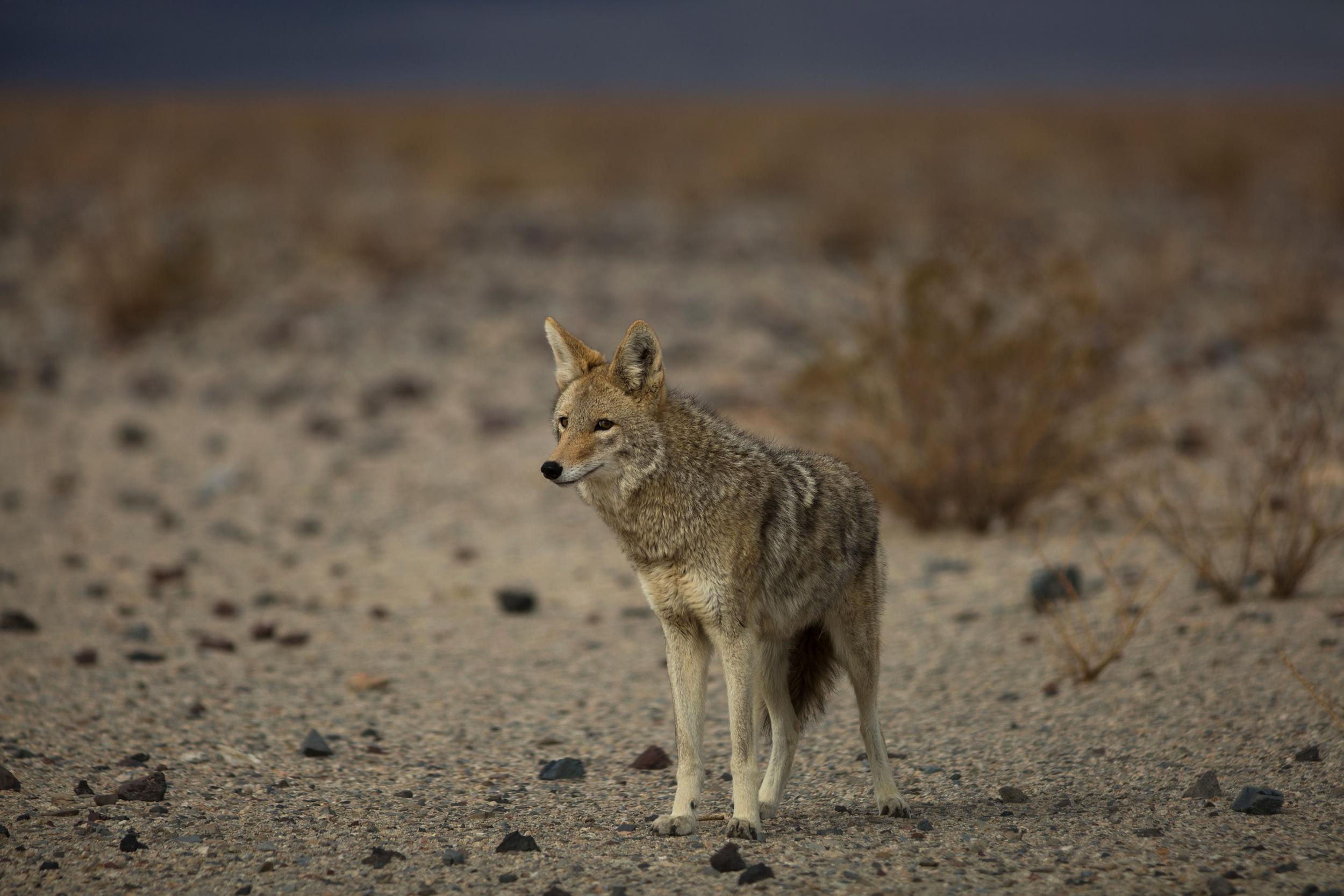Trump administration approves lethal 'cyanide bomb' to ward off predators despite bans in several states
EPA reverses ban on M-44 chemical traps that 'unintentionally' killed hundreds of animals

Your support helps us to tell the story
From reproductive rights to climate change to Big Tech, The Independent is on the ground when the story is developing. Whether it's investigating the financials of Elon Musk's pro-Trump PAC or producing our latest documentary, 'The A Word', which shines a light on the American women fighting for reproductive rights, we know how important it is to parse out the facts from the messaging.
At such a critical moment in US history, we need reporters on the ground. Your donation allows us to keep sending journalists to speak to both sides of the story.
The Independent is trusted by Americans across the entire political spectrum. And unlike many other quality news outlets, we choose not to lock Americans out of our reporting and analysis with paywalls. We believe quality journalism should be available to everyone, paid for by those who can afford it.
Your support makes all the difference.The US Environmental Protection Agency has backtracked over its ban on cyanide-based "bombs" used by farmers to protect livestock.
The reversal allows the use of sodium cyanide, used in M-44 devices, to control coyotes and other wild predators, following the agency's ban on the chemical a week after initially introducing it in August.
Environmental and wildlife conservation groups demanded that the EPA assert an outright ban on the traps, which have been used by several federal and state agencies across the US.
In August, a federal district court in Wyoming agreed to ban the use of M-44 in more than 10 million acres of public land in the state following a lawsuit brought by environmental welfare groups against the US Department of Agriculture, which uses the product as part of its Wildlife Services program.
On Thursday, EPA officials said the product will be available under new guidelines following a "careful review of the available information and extensive engagement with the US Department of Agriculture".
The EPA's new guidelines prohibit the placement of chemical traps no less than 600 feet apart.
Traps also must be placed no fewer than 300 feet from public paths, which must be flanked by poison warning signs.
Those "additional buffers" will "reduce the potential for unintended impacts on humans, pets, and other non-target animals", according to Alexandra Dunn, the EPA's Assistant Administrator for the Office of Chemical Safety and Pollution Prevention.
M-44's "unintended impacts" include injuring a 14-year-old boy and killing his dog a few hundred yards from their home in Idaho in 2017.
The USDA recorded 6,579 M-44-related animal deaths in 2018, the latest year of data available.
Of those deaths, 217 were "unintentional" M-44 killings, mostly foxes, raccoons, skunks and opossums, but a trap also killed a bear.
In 2016, the agency recorded that more than 300 animals were unintentionally killed by M-44 traps, including 180 foxes, 30 opossums, 57 raccoons, 21 skunks, two ravens and a black bear.
The spring-loaded traps release a spray of sodium cyanide, which violently kills smaller animals or can severely injure humans.
Several states have agreed to stop using the traps while they investigate their use.
But the EPA insists the poison is a "vital tool" for protection against tens of millions of dollars in livestock death losses each year.
Ethan Lane with the National Cattlemen's Beef Association said: "Livestock producers have to contend with predation of livestock on a daily basis and having access to every tool in the toolbox allows our ranchers to continue to protect the herd."
Collette Adkins, the centre's carnivore conservation director, said: "The EPA imposed a few minor restrictions, but these deadly devices have just wreaked too much havoc to remain in use. To truly protect humans and wildlife from these poisonous contraptions, we need a nationwide ban.
Join our commenting forum
Join thought-provoking conversations, follow other Independent readers and see their replies
Comments